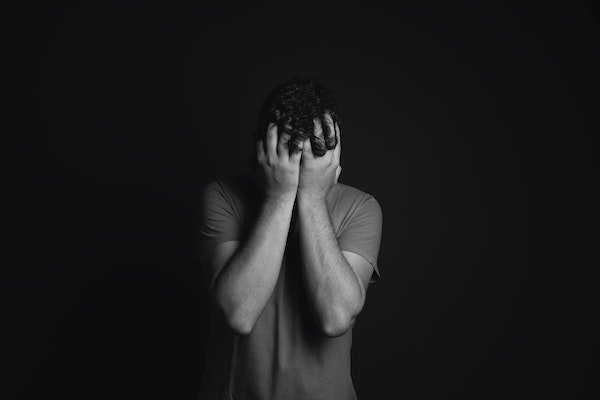What's the Difference Between Trauma and Complex Trauma?
Almost everyone has a basic idea of what trauma is and how it can impact your mental health. The trauma you experienced years ago can still affect you today. However, fewer people recognize that not all trauma is “created” equally. There’s a difference between trauma and complex trauma, and understanding the characteristics of each can make it easier to determine what you’re dealing with. If you’ve never heard of complex trauma before, let’s cover some common signs and why it’s different from “typical” trauma.
What Is Complex Trauma?
If you experience trauma, it could stem from a one-time event. Maybe you were the victim of an attack or witnessed a horrible event. Maybe you were in the military and had to do something you never thought you would do. These single instances often cause “traditional” trauma because they’re isolated. On the other hand, complex trauma refers to traumatic experiences that repeatedly happen, like child abuse or domestic abuse. It can happen over an extended period, even over several years.
What Are the Signs?
One reason it can be difficult to diagnose complex trauma is that many of the signs and symptoms are similar to those of PTSD. Some of those signs include extreme anxiety, flashbacks, and triggers. However, people with complex trauma might struggle with relationships and often struggle to control their emotions. You might even have a hard time seeing yourself for who you are. A distorted self-image is common for those who have experienced long-term trauma of any kind.
Why Complex Trauma Is So Dangerous?
Any type of trauma can be damaging to your mental (and physical) health. However, complex trauma is especially harmful because it doesn’t give your mind time to rest. When you experience normal trauma, your mind goes into “fight or flight” mode. Once the perceived threat is gone, your mind and body can relax and begin to rest and reset themselves. When you go through complex trauma, that doesn’t happen. While cognitive function can mostly return, it usually doesn’t happen all the way because you feel like you need to be constantly prepared for the next experience.
As a result, the sense of survival mode becomes normal for you. It’s a coping mechanism that keeps your mind and body on high alert and ready for any threat that might come your way.
As you might expect, that can come with many negative issues, including:
Memory lapses
Sleep issues
Low self-esteem
Avoiding people and places
It’s also not uncommon for people who struggle with complex trauma to develop other mental health conditions, including depression and anxiety. Because your body can’t ever fully relax, you can also experience physical issues, including digestive problems, aches and pains, and a weakened immune system.
What Can You Do?
If you’ve been through repeated trauma in your life and you’re having a hard time dealing with the effects, you’re likely struggling with complex trauma. Thankfully, there are things you can do to heal and move forward with your life. There isn’t one singular treatment that works for everyone, so don’t be afraid to reach out for help and find what type of treatment is most effective for you. Some of the most common therapies for complex trauma include Cognitive Behavioral Therapy (CBT), EMDR, and Internal Family Systems (IFS). Different coping mechanisms, including deep breathing, mindfulness, and meditation, can also help when you’re struggling with your symptoms.
If you believe you’re dealing with complex trauma, it doesn’t have to control your life forever. Contact me for more information or to set up an appointment soon to see how trauma therapy can heal you.

